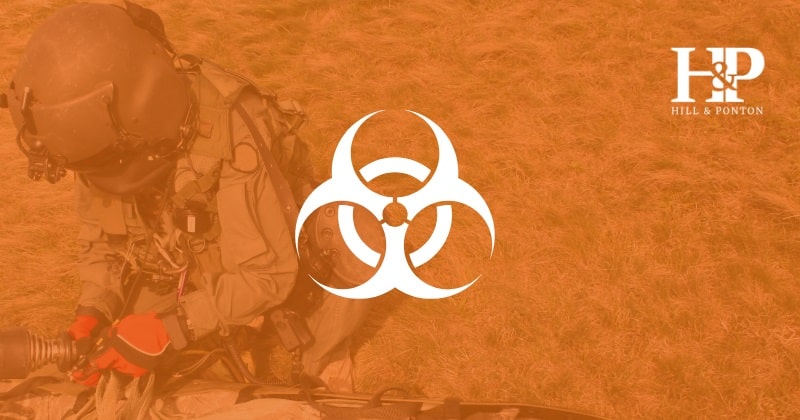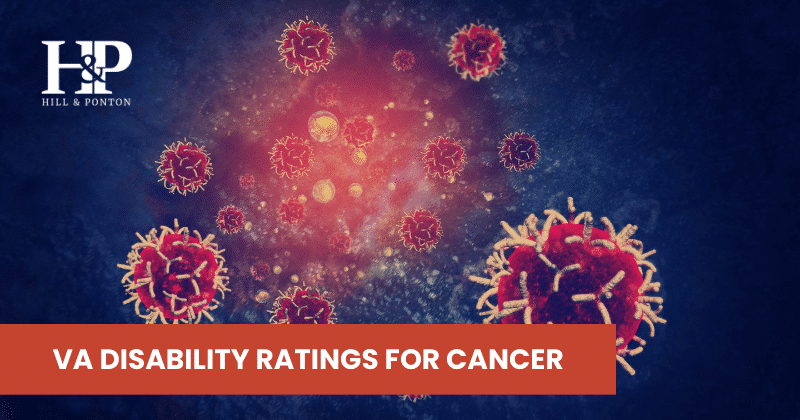Pancreatic cancer is a devastating diagnosis, with a high mortality rate and few effective treatment options. For many veterans, the risk of developing pancreatic cancer may be linked to exposure to Agent Orange, a chemical herbicide widely used during the Vietnam War.
How Is Pancreatic Cancer Linked to Agent Orange?
Agent Orange was a powerful herbicide used by the U.S. military during the Vietnam War to remove dense foliage that provided cover for enemy forces. The herbicide was later found to contain dioxin, a toxic compound that has been linked to a variety of serious health conditions, including several types of cancer.
Exposure to dioxin in Agent Orange has been associated with an increased risk of several cancers, including prostate cancer, respiratory cancers, and some lymphomas, according to the American Cancer Society.
While pancreatic cancer is not currently on the VA’s official list of presumptive conditions related to Agent Orange, there is growing evidence that exposure to this toxic herbicide could increase the risk of developing pancreatic cancer. Scientific studies and anecdotal evidence from veterans have prompted calls for the VA to recognize pancreatic cancer as a presumptive condition linked to Agent Orange exposure.
The National Academies of Sciences, Engineering, and Medicine conducted a comprehensive review of the health effects of Agent Orange and noted that while the evidence is still limited, there is suggestive evidence of an association between exposure to herbicides and pancreatic cancer.
A landmark case in Delaware showcased the potential link between Agent Orange and pancreatic cancer. In 2015, a veteran’s widow won a legal battle that granted her late husband service-connected disability benefits for pancreatic cancer caused by Agent Orange exposure. This case has since paved the way for other veterans and their families to pursue similar claims.
VA Disability Ratings for Pancreatic Cancer
Veterans diagnosed with pancreatic cancer that they believe is linked to Agent Orange exposure may be eligible for VA disability benefits. The VA rates pancreatic cancer under Diagnostic Code 7343, which covers malignant neoplasms of the digestive system.
- Initial 100% Rating: When pancreatic cancer is diagnosed, the VA typically assigns a 100% disability rating while the cancer is active or undergoing treatment. This rating remains in place until six months after the treatment ends.
- Residuals and Reevaluation: After the initial treatment period, the VA will reevaluate the condition based on any residuals, such as ongoing symptoms or complications like digestive issues, weight loss, or diabetes. Depending on the severity of these residuals, the VA may assign a lower disability rating.
Master the VA Disability Claims Process
How to Prove Service Connection for Pancreatic Cancer
Establishing a service connection for pancreatic cancer due to Agent Orange exposure can be challenging, but it is not impossible. Veterans must provide medical evidence that links their pancreatic cancer to their exposure to Agent Orange during their military service.
Key Steps to Strengthen Your Claim
- Gather Medical Evidence: Obtain all medical records related to your pancreatic cancer diagnosis and treatment. This includes pathology reports, oncologist statements, and any documentation that suggests a connection between your cancer and Agent Orange exposure.
- Seek Expert Opinions: A medical nexus letter from a qualified healthcare provider can be invaluable. This letter should clearly state that it is “at least as likely as not” that your pancreatic cancer was caused by your exposure to Agent Orange.
- Reference Scientific Studies: Including relevant scientific research that supports the link between Agent Orange and pancreatic cancer can strengthen your claim. For example, studies conducted by the National Academies of Sciences and the American Cancer Society provide crucial support.
- Consider Legal Assistance: Given the complexity of these cases, a VA-accredited lawyer with Agent Orange case experience can help ensure your claim is thoroughly prepared and that all necessary evidence is presented.
Winning Service Connection for Cause of Death Due to Pancreatic Cancer: Case Example
In this case, the surviving spouse of a Vietnam War veteran sought Dependency and Indemnity Compensation (DIC) benefits based on the service connection for the cause of the veteran’s death. The veteran, who had honorable active-duty service from September 1963 to July 1967, including service in Vietnam where he was exposed to Agent Orange, passed away in February 2012 from pancreatic cancer.
The Board granted service connection for the cause of the veteran’s death, recognizing that his service-connected type II diabetes mellitus, which was presumptively linked to Agent Orange exposure, materially contributed to his fatal pancreatic cancer. Despite pancreatic cancer not being on the list of diseases presumptively associated with herbicide exposure, compelling medical evidence was presented showing a direct link between the veteran’s herbicide exposure and the development of pancreatic cancer.
How This Claim Was Won
- Medical Expert Opinion: A pivotal factor in the case was a well-supported medical opinion from Dr. B, a board-certified endocrinologist, who provided a detailed analysis linking the veteran’s pancreatic cancer to his service-connected diabetes and herbicide exposure. Dr. B’s analysis was supported by medical literature that highlighted the connection between metabolic syndrome, which includes diabetes, and an increased risk of developing pancreatic cancer.
- Consideration of Herbicide Exposure: The Board acknowledged that while pancreatic cancer is not presumptively linked to herbicide exposure, the evidence suggested that the veteran’s exposure to Agent Orange contributed to his development of diabetes, which in turn, was a contributing factor to his pancreatic cancer.
- Benefit of the Doubt Doctrine: Given the conflicting medical evidence, the Board applied the “benefit of the doubt” doctrine, which mandates that when there is an approximate balance of positive and negative evidence regarding any issue material to the determination, the doubt is resolved in favor of the claimant.
The successful outcome demonstrates that veterans and their families can still establish a service connection for the cause of death by providing compelling evidence of a direct link between the veteran’s service-related conditions and their cause of death.
While pancreatic cancer is not yet recognized as a presumptive condition related to Agent Orange by the VA, the growing body of evidence suggests that veterans exposed to this herbicide may be at an increased risk. Veterans diagnosed with pancreatic cancer should explore their options for filing a VA disability claim and consider seeking professional assistance to maximize their chances of securing the benefits they deserve.




